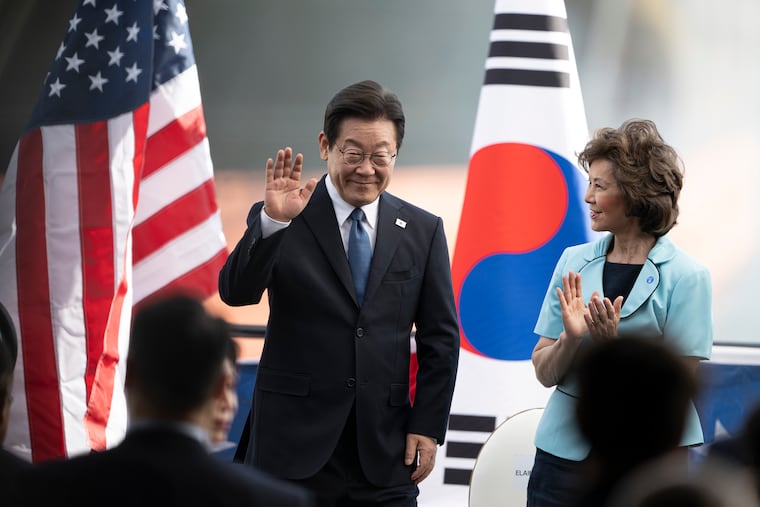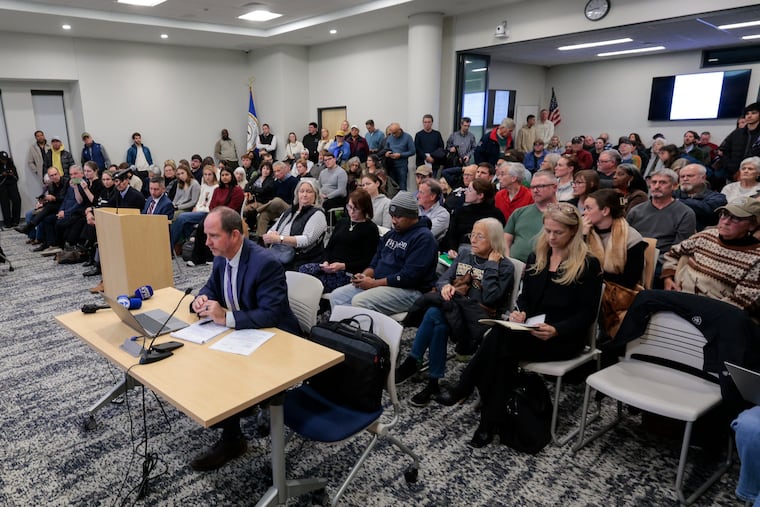Twelve states file lawsuit against the Trump administration to challenge new tariff policy.
In a significant legal challenge, a coalition of twelve states has brought a lawsuit against the Trump administration in the U.S. Court of International Trade in New York, asserting that its tariff policy is both unlawful and disruptive to the American economy. This lawsuit, filed on Wednesday, claims that the tariff measures implemented by President Trump have been dictated by his personal preferences rather than legitimate legal authority.
The states involved in this lawsuit include Oregon, Arizona, Colorado, Connecticut, Delaware, Illinois, Maine, Minnesota, Nevada, New Mexico, New York, and Vermont. Citing concerns over economic stability, the plaintiffs argue that the president’s authority to impose tariffs should strictly adhere to constitutional guidelines and legislative oversight. They specifically challenge Trump’s assertion of power under the International Emergency Economic Powers Act, which allows the imposition of tariffs only in response to exceptional threats from abroad.
The lawsuit requests that the court rule these tariffs illegal and seeks an injunction to prevent federal agencies and their officials from enforcing them. The plaintiffs contend that only Congress possesses the authority to impose tariffs, emphasizing that the president’s actions constitute a usurpation of power that undermines the constitutional order and introduces chaos into economic operations.
Comments from various state officials underscore their opposition to the current tariff approach. Arizona Attorney General Kris Mayes described the tariff policy as “insane,” highlighting its economic recklessness as well as its legal issues. Similarly, Connecticut Attorney General William Tong characterized the tariffs as a heavy financial burden on families and detrimental to local businesses and job markets.
The repercussions of these tariffs are profound, with state leaders warning of substantial financial losses and economic downturns that could arise from their enforcement. For instance, California Governor Gavin Newsom has filed a separate lawsuit, voicing concerns that California, as the nation’s largest importer, risks losing billions due to the tariff policy.
The response from the Trump administration has emphasized its commitment to tackling what they deem a national emergency impacting American industries and workers. White House spokesperson Kush Desai reiterated that the administration is prepared to utilize all available tools, including tariffs and negotiations, to address the situation. As this legal battle unfolds, its implications for both state economies and federal authority will likely continue to evolve, drawing attention from policymakers and legal experts alike.
This lawsuit highlights a significant intersection of state rights and federal power, setting the stage for ongoing debates surrounding economic policy and legal jurisdiction in the context of international trade.
For further updates, continue to follow reputable news sources.
Media News Source.







